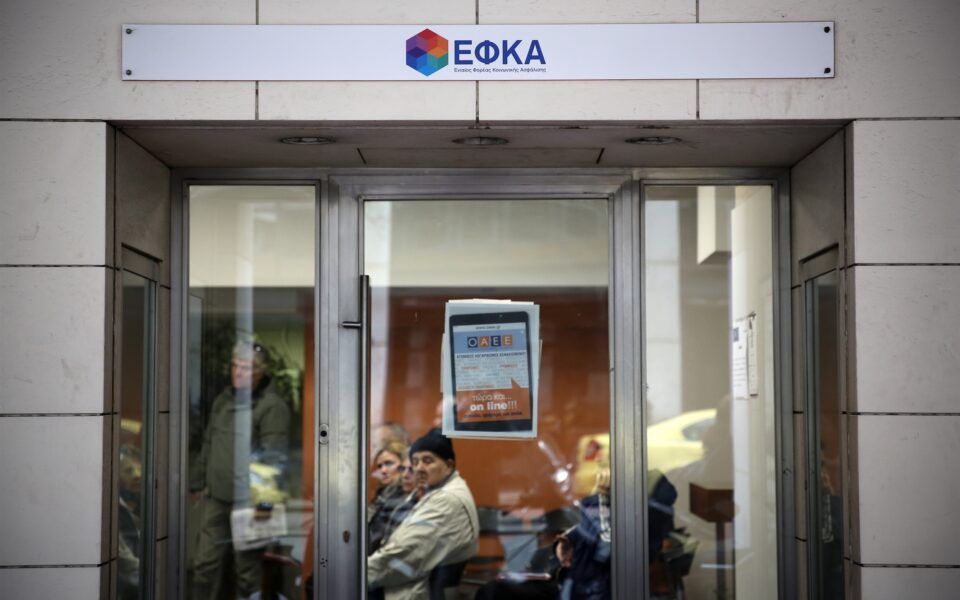The image of the Greek pensioner is gradually changing, as one in 10 remains professionally active, combining their pension with income from work.
According to the latest data from the Labor Ministry and the Single Social Security Entity (EFKA), working pensioners exceed 250,000 – seven times the 35,000 who had declared employment before the abolition of the penalty that led to a pension cut.
This spectacular increase is attributed to the complete removal of the disincentives that were in force until recently. The 60% pension reduction that had been established by the Katrougalos law in 2016 was first replaced by a 30% penalty in 2020 and was completely abolished in 2023. In its place, a special fee was imposed in favor of EFKA – 10% of monthly earnings for employees and half of the main pension contribution for the self-employed.
Of course, approximately half of the working pensioners currently pay this contribution, while the rest belong to exempt categories, mainly farmers (121,994 people), who continue their agricultural activity without the obligation to pay contributions. Consequently, some 135,000 working pensioners are entitled to a pension supplement, which is paid when they cease their employment.
This supplement, resulting from contributions, corresponds to 0.77% of earnings for each year of work. For the self-employed, the amount is calculated based on the amount of the selected insurance category. In practice, the benefits can range from 12 euros per month for two years of work with a salary of €800, to €135 for six years of employment with a maximum contribution. The ministry is now examining ways to speed up the process of awarding the supplement. The aim is greater flexibility and the avoidance of delays in payments.
The success of the measure also has a fiscal dimension. The increase in the number of registered pensioners means more revenue for the funds through the employment resource and contributions, as well as a reduction in undeclared work.

